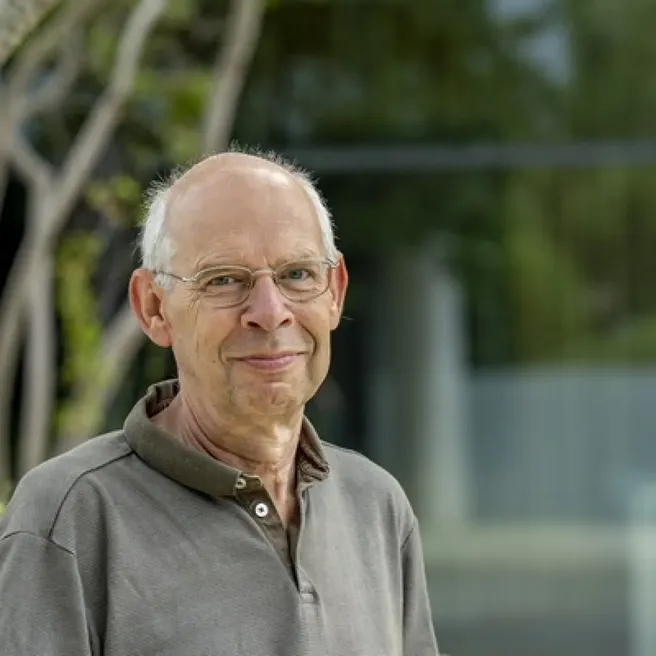Dear MEP core members, TUM researchers and students,
you are cordially invited to attend the next lecture in the series “New Horizons in Materials, Energy, and Process Engineering” of the Munich Institute of Integrated Materials, Energy and Process Engineering (MEP):
“High-speed aerodynamics using scale-resolving simulations”
by Prof. Neil Sandham, Professor of Aerospace Engineering, University of Southampton
Abstract:
Numerical simulation offers a route to study complex phenomena that are difficult or expensive to study in laboratory experiments. This is particularly true in high-speed flow applications with transitional and turbulent flow, where measurements are severely limited. In contrast, scale-resolving numerical simulations, for example direct numerical simulations, which set out to resolve all scales of motion, provide complete flowfield data. With developments in high performance computing, large-scale simulations are increasingly feasible and software developments are enabling applications on the latest accelerator hardware. Recent and ongoing work is extending the capabilities of direct and large eddy simulation into the hypersonic flight regime that is relevant to the later stages of atmospheric entry, where the continuum model is applicable, and to sustained high speed flight in the atmosphere. Here, the usual Navier-Stokes, perfect gas model needs to be extended in a numerically efficient way to accommodate variable fluid properties, as well as possible thermo-chemical non-equilibrium. In this regime, both transition to turbulence and the resulting turbulent flow are modified. We will use examples of recent numerical simulations to illustrate the linear and nonlinear mechanisms involved in flow configurations in which shock waves interact with boundary layers. A shock reflection problem is used to explore the linear and nonlinear flow response to perturbations, while a problem with flow over a bump protruding into a hypersonic flow is used to study the interaction between multiple separation bubbles and show how turbulence can sustain, independent of upstream disturbances.
Date: Wesnesday, 26.03.2025
Time: 15:00 - 16:00
Location: ZEI Building, Lecture Hall 001 (5414.EG.001), Lichtenbergstraße 4 a, 85748 Garching b. München
